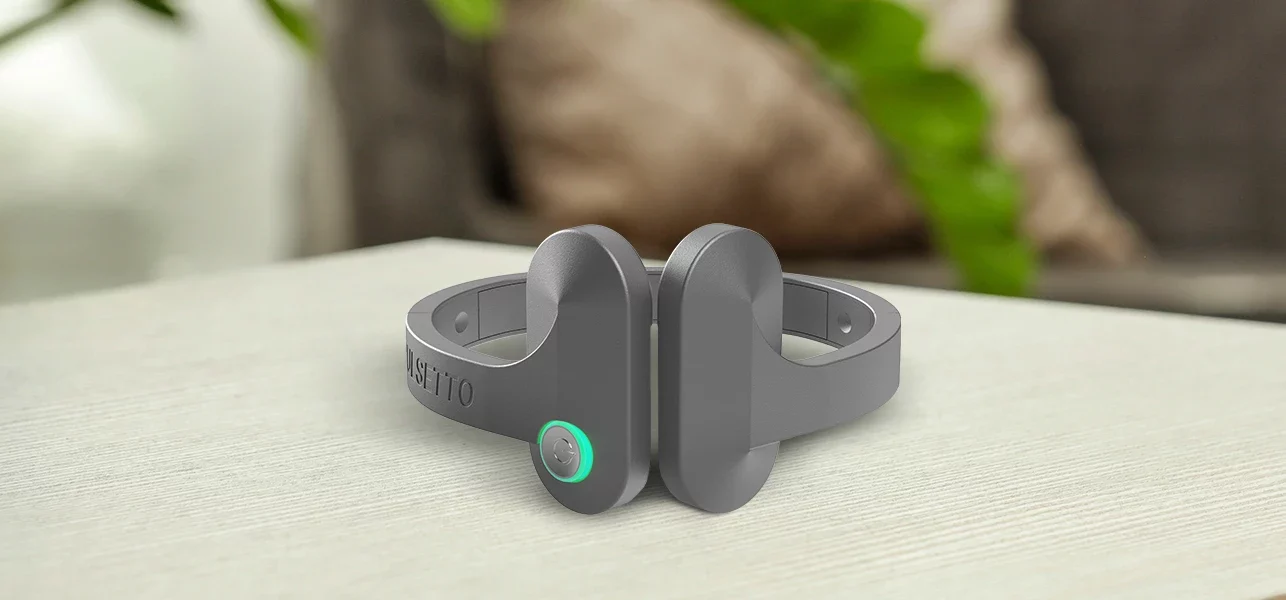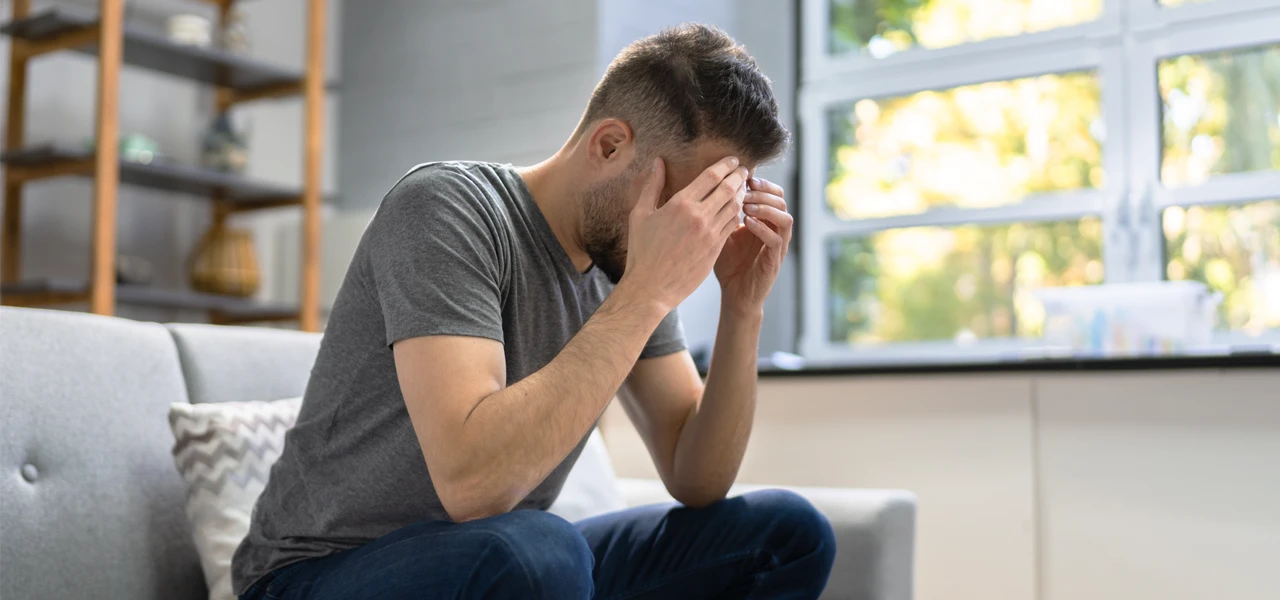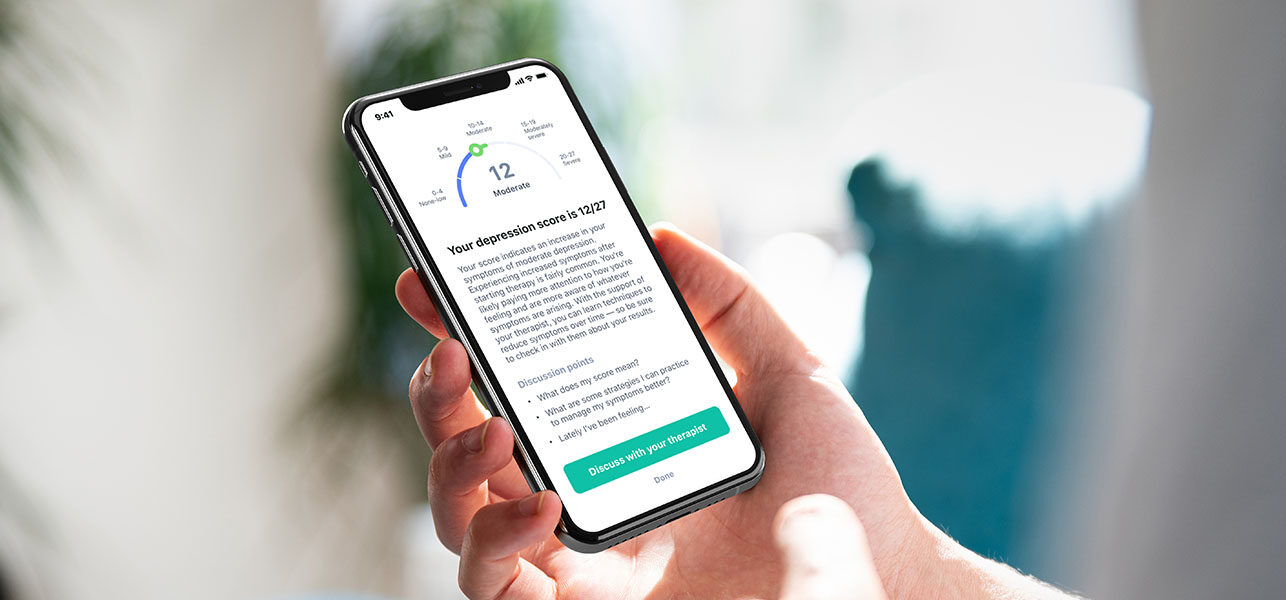Can Stress Cause Constipation? Plus 5 Tips to Ease Your Bowel

One day, you might wake up feeling stressed and also have a painful stomach.
Some people find that stress doesn’t just mess with their mental state. Being overwhelmed can take its toll on the body, including your digestive health.
Dealing with both problems is challenging and even more frustrating. If you feel the same way, there are methods to prevent this physical mess. From getting high-quality sleep to taking fiber supplements, you’re bound to find something that works.
In this article, we provide 5 at-home methods to relieve your bowels and explain if stress causes constipation, how anxiety affects your gut, and why some foods are linked to constipation.
Can Stress Cause Constipation?
Yes, stress can cause constipation in some people. Frequent psychological stress puts a strain on your digestive system and hinders bowel movements. Being anxious also encourages things like binge eating, tense muscles, dehydration, and less exercise.
There are many reasons why people get serious constipation. Stress isn’t always the common reason for dodgy bowels, but it’s definitely possible. When you start feeling anxious, your nervous system creates that “sick” feeling in the gut, which can affect the digestion of food.
You might naturally eat more food due to low moods. Consuming delicious meals, even if they’re full of sugar and fats, is said to make people feel better. Of course, unhealthy foods tend to impact your digestive tract negatively, leading to chronic constipation and abdominal pain.
Too much stress could lead to future complications with your gut. One long-term risk might be inflammatory bowel disease (IBD), which damages the stomach’s functions. Developing IBD means it can’t be cured, but there are ways to settle inflammation and reduce any symptoms.
Why does stress cause constipation?
Your body increases blood flow to important organs when under stress. This means intestinal movement slows down, encouraging disturbed bowel functions. There are also hormones, like corticotropin-releasing factor (CRF), that get released into the body.
CRF is a neuropeptide responsible for your physical reaction to stressful changes. It mainly targets your intestines and causes more inflammation in the gut. Too much of this hormone promotes intestinal permeability – a leaky gut that lets more nutrients and water through.
Stress can also affect your enteric nervous system. This is essentially a second brain that controls serotonin and supports the movement of digested food. In times of high stress and anxiety levels, the brain releases too much serotonin, which triggers spasms in your colon.
Constipation is often the result of spasms and stress hormones. All of these bodily functions become a gut-brain connection that causes horrible stomach pain for some. Following the best gut health hacks, like drinking water and avoiding junk food, may offer gentle constipation relief.
Does Anxiety Cause Constipation?
Yes, anxiety will still trigger stress hormones, meaning your digestive system can take the hit. High rates of anxiety will slowly dampen mental health, which leads to binge eating, disturbed sleep, less exercise, and bad habits that make constipation worse.
Feeling anxious can make you think about somatic symptoms. A somatic disorder causes someone to feel extremely worried about how they feel. For example, if you have lower stomach pain from constipation, you might instantly believe that it’s something more life-threatening.

Advertisement
- Mood journal to build conscious, reflective habits for better self-monitoring
- Self-management lessons that are scheduled and explored by you (the user)
- Regular activities to help you maintain healthy habits and mental well-being
- Tips, strategies, and other resources for self-education
Naturally, you’ll experience more stress because of this, which triggers the vicious cycle. Anxiety is also known to raise blood pressure, leading to more physical symptoms. These temporary hypertension spikes could be the reason that your body is under too much stress.
To relieve anxiety and constipation, try some deep breathing exercises. You can also get regular physical activity to get everything moving in the stomach. Exercise is known to boost mental stability by releasing endorphins – special feel-good hormones that enhance your well-being.
Can IBS or Other Conditions Increase Stress?
Conditions related to your digestive tract or nervous system will increase stress. This is because you’ll be facing painful symptoms that may become overwhelming. Stomach pain is a common feeling that can make you feel sad, uncomfortable, and frustrated.
There are certain health conditions that contribute to constipation. IBS changes your natural bowel functions, which means you’ll experience “blockages” when trying to pass stool. People who suffer from painful bloating will become more stressed and worsen these symptoms.
You might also experience gas, back pain, and even diarrhea. Of course, dealing with this condition may give you persistent anxiety about going to the toilet. The only way to relieve stress and constipation is by seeking help from your local healthcare professional.
Can Certain Foods Cause Stress and Anxiety?
Yes, there are foods that bring down your mental health. These could be processed foods, sugary drinks, and caffeinated beverages. Any type of unhealthy ingredients, like added sugars and saturated fats, will increase anxiety and depression symptoms.
Some people forget that a poor diet influences the brain as well. For example, blood sugar spikes increase those feelings of anxiousness, which doesn’t help constipation. You need to consume foods that contain protein, unsaturated fats, fiber, and important vitamins.
Bad foods comprise cakes, artificial sweeteners, alcohol, processed meats, vegetable oils, and coffee. Too much sugar has been linked to inflammation in the gut, leading to a damaged intestinal lining that doesn’t hold enough good bacteria and helpful microorganisms.

Coffee is another silent culprit that makes anxiety symptoms worse. It naturally boosts your heart rate and triggers the fight or flight response in the body. Drinking lots of caffeine throughout the day encourages shakiness, constipation-related headaches, and anxiety.
Always eat clean foods that improve your long-term health. The ketogenic diet is great for people who want to reduce blood sugar levels and anxiety symptoms. You can consume low-carb foods that stop inflammation from targeting your gastrointestinal tract.
Speak to your doctor before trying a new eating plan. They can determine whether the diet will still benefit healthy individuals. Remember that everyone is completely different, so some foods might affect others more, depending on their lifestyle, weight, stress levels, and gut health.
How to Get Rid of Stress Constipation? 5 Methods That Work
There are many ways you can experience gentle constipation relief. You don’t need over-the-counter laxatives to soothe your stomach, as they could cause diarrhea symptoms. It might be worth speaking to a healthcare professional before following any tips at home.
Here are our 5 methods for achieving normal bowel movements:
#1 Try a fiber supplement
Fiber supplements are great for fighting constipation and bloating.
ColonBroom is one example of a gut-cleansing supplement. This completely organic powder contains psyllium husk – a type of dietary fiber that clears toxins from your gastrointestinal tract. As you might already know, fiber softens your stool and speeds up the digestive process.

A safe and effective way to relieve constipation
- Contains the goodness of natural ingredients
- Includes psyllium husk as a star ingredient
- Might help to combat constipation
- Boosts energy and cleanses the gut
- Easy to consume and can be used twice a day
This strawberry-flavored supplement also boosts energy levels, reduces hunger cravings, fights bloating, and strengthens the metabolism. Of course, all of these amazing health benefits contribute to a strong gut microbiota, which protects your intestinal cells and functions.
ColonBroom is not a laxative, so keep that in mind before trying the supplement.
#2 Try ginger tea
Ginger tea is a warming beverage that improves slow digestion. Ginger has very mild laxative effects that increase bowel activity, encouraging more frequent trips to the restroom. Of course, these trips won’t be bad, as the root vegetable softens stool and reduces inflammation.
You can also drink ginger tea for a natural colon cleanse. This is because ginger soothes irritable bowel syndrome (IBS) symptoms and reduces any cancer risks. Believe it or not, some research even suggests that this ingredient is effective in decreasing anxiety episodes.
#3 Start practicing yoga or pilates
Performing yoga or pilates could relieve symptoms of constipation, like chest pain, headaches, lower back discomfort, and fever-related sweats. Yoga has stretching exercises that open up your stomach and allow stools to pass through without increased intestinal permeability.
Any type of yoga or pilates exercise can also reduce stress. This is because it promotes relaxation and encourages people to focus on their breathing. You should go to one of these classes to improve your mental health in the long term.
#4 Sleep at least 7 hours a day
A lack of sleep can be a huge stress factor for some people.
Waking up exhausted is never a great way to start your morning. You might have been tossing and turning throughout the night, which already changes the gut microbiome composition. The gut needs a good amount of rest as well, so it’s important to get at least 7 hours of sleep.

Older adults typically need 7–9 hours of sleep to maintain their health. Not reaching this amount could lead to high blood pressure, depression, reduced immune system, and chronic fatigue.
To get more sleep, don’t take any naps during the day, reduce your screen time, eat clean foods, avoid caffeinated beverages, and listen to some calming music. All of these tips should encourage the body to feel relaxed, especially when it comes to your usual bedtime.
#5 Consider getting help from professionals
There’s nothing wrong with seeking help from a healthcare professional.
They are there to support people with a range of problems, like gastrointestinal disorders, abdominal fullness, and psychiatric disorders.
You can talk about your personal issues and how to make the right lifestyle changes. After all, everyone has a unique enteric nervous system, so it might be a matter of evaluating your gut closely. Stress is a natural occurrence that can be fixed with a healthy daily routine.
FAQs
Yes, constipation may be a sign of anxiety. This is because your body is under a lot of stress and may not function properly. If you are feeling anxious and suffer from constipation, try some meditation methods or talk to a doctor about finding the right treatment for your gut.
There are many obvious symptoms that derive from stress. Some of these include panic attacks, sleep problems, chronic fatigue, high blood pressure, chest pain, and shortness of breath. Always seek help from a medical professional if you can’t break anxiety symptoms.
In some people, too much stress encourages bloating. Digestion slows down and triggers those painful bowel movements. To reduce bloating episodes and prevent them in the future, drink lots of water, sit up straight while eating slowly, or go for a slow walk 30 minutes after the meal.
A Word From Our Nutritionist
Stress-related constipation is common among people with a sensitive gastrointestinal tract.
Feeling overwhelmed triggers many hormonal responses that change your bowel habits. Of course, this isn’t healthy in the long term, meaning you have to find ways to manage chronic stress. This might be through yoga, therapy, social breaks, or regular daily exercise.
Just remember that there are treatment options for psychological disorders and gastrointestinal symptoms. You can talk to a healthcare professional about relieving painful bowel movements. They could offer prescribed medication or at-home remedies that strengthen a sensitive gut.
For people who get occasional constipation, there’s usually nothing to worry about. The digestive system can’t always work to the best standard. Just drink more fluids, avoid inflammatory compounds in food, and go for a long walk to boost your heart health as well.
If you have other health conditions, like irritable bowel syndrome (IBS) or ulcerative colitis (UC), there might be more underlying reasons for the triggered symptoms. Always seek medical expertise when getting to the root of the problem or finding suitable medication.
Conclusion
So, is stress-related constipation actually real?
Anything that happens to your brain will also affect the body. If you feel stressed, your gut may take some of the brunt force. There are simple tips you can follow to relieve constipation, which include drinking herbal teas, practicing yoga, and getting enough sleep during the night.
ColonBroom supplements are another great option for cleansing your stomach. The sachets contain important dietary fiber that can boost digestive health.







Comments (0)